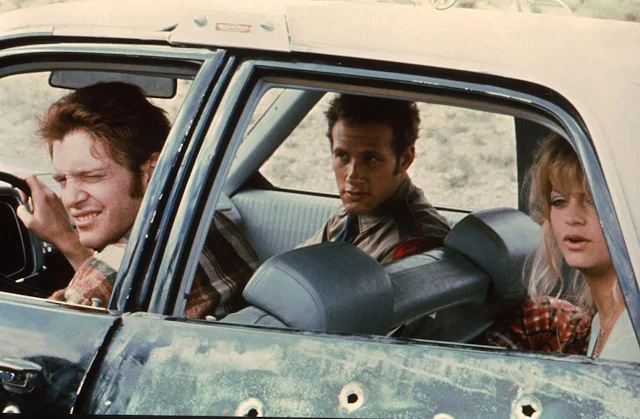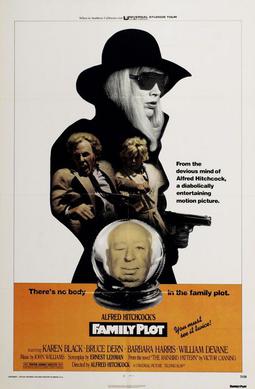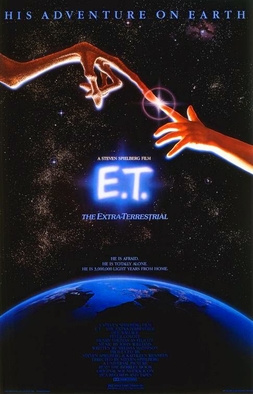 |
| Daisy Ridley and Adam Driver in Star Wars: Episode IX -- The Rise of Skywalker |
The saga began unwittingly in medias res in 1977, expanded in 1980 and 1983, then doubled back on itself in 1999, 2002, and 2005, then picked up where it left off earlier for episodes in 2015 and 2017. And with the cumbersome title of Star Wars: Episode IX -- The Rise of Skywalker, it comes to a stuttering halt. This, of course, disregards all the ancillary film and TV projects, not to mention books, that George Lucas's brainchild has added to the corpus over the years and seems intent on adding. It may be our greatest film epic, or at least the most influential: Would we have had, for example, the various excursions into the Marvel universe without Star Wars as a prototype? But the salient fact here is that no one is quite happy with the way the triple trilogy finally resolves itself in the latest (and supposedly final) episode -- not even those who profit financially from it, since the movie was a disappointment at the box office. The hardcore Star Wars fans point to inconsistencies, omissions, and downright contradictions to the core mythology. Those who just like action movies, or sci-fi movies, or just plain storytelling movies seem to feel a little let down by The Rise of Skywalker, whose very title doesn't even seem to follow through, since Rey assumes the family name after all of the rest of the Skywalkers have died off. I found myself a little creeped out by the postmortem use of Carrie Fisher in the film, and annoyed at the introduction of some new characters, like Naomi Ackie's Jannah and Keri Russell's Zorii, that don't seem to serve any real function in the plot. There are some suspense gimmicks, like the apparent death of Chewbacca and the memory-wipe of C3PO, that don't pay off in real narrative tension. The appearances of the "Force ghosts" of Han and Luke are a little cheesy, and the Force itself becomes a kind of narrative crutch, one that Rey can lean on when it helps advance the plot but which seems unavailable to her when she needs it. And the psychic link between Rey and Kylo Ren is a similar narratively flimsy gimmick. Still, I found myself occasionally able to let all of these real and nagging flaws go by and relax into watching some old familiar actors and characters go through their paces. John Williams's familiar music certainly helps, even if it's only to cue up memories of better Star Wars movies.








